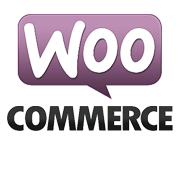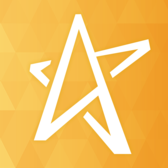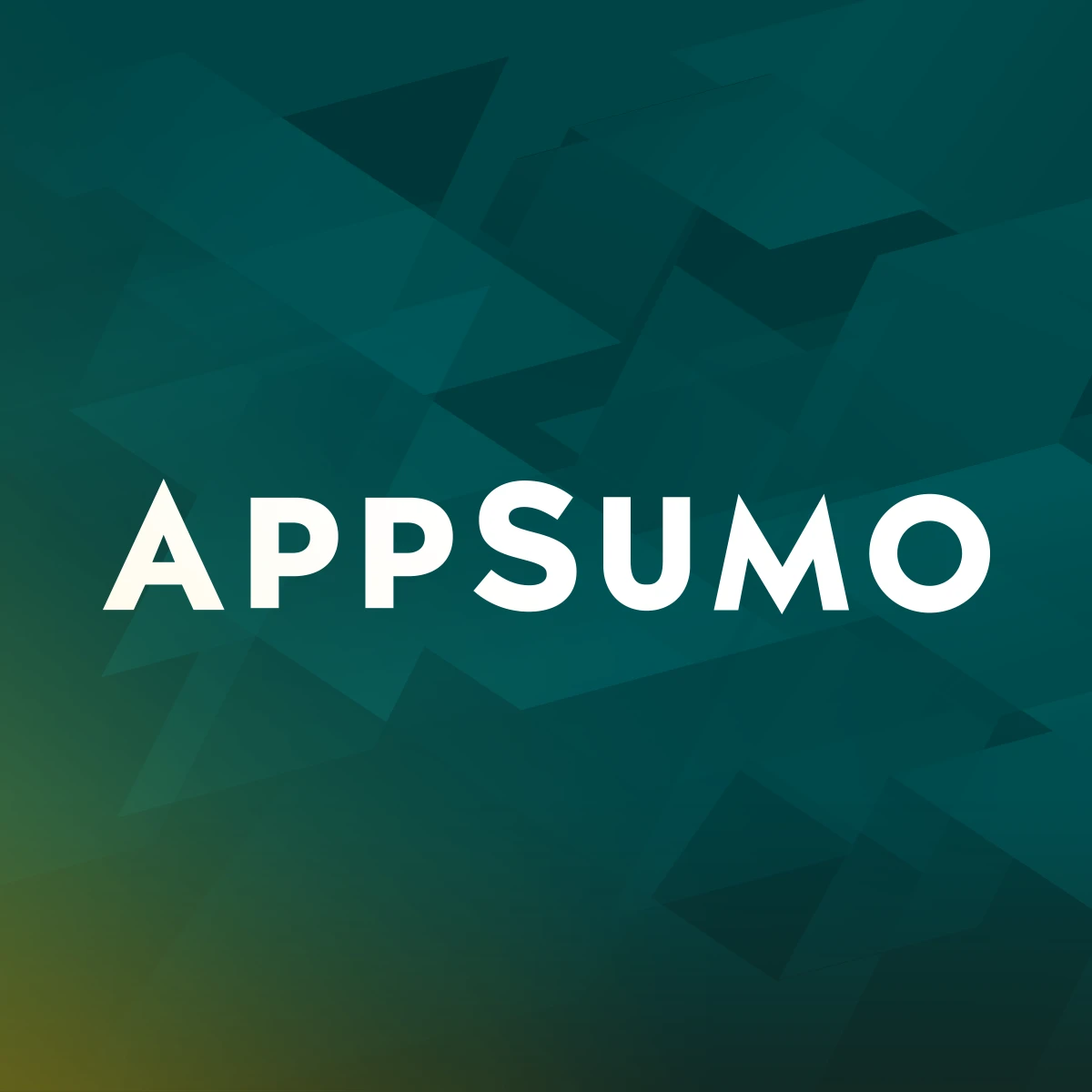How I Started A Heavy Duty Work Gear Brand After Working On An Oil Rig
Hello! Who are you and what business did you start?
Hi, my name is Paul Chittenden, and I am the Founder of Bad Ass Work Gear. Our goal is to make work gear that lasts. Well, at least longer than our competitors. Let’s face it, the people we sell to are hard on their gear!
Our flagship product is a very tough, heavy duty duffel bag specifically developed for the oil and gas industry, but also used by the Army, firefighters, hunters, and quite a few more creative uses.
The oil and gas industry has its ups and downs. We were riding high when oil prices were up and companies were spending money on their employees. We dropped about 80% of revenue in the last downturn. 2018 and 2019 have been leveling off with more retail orders than corporate orders, averaging about $15,000 per month.



















